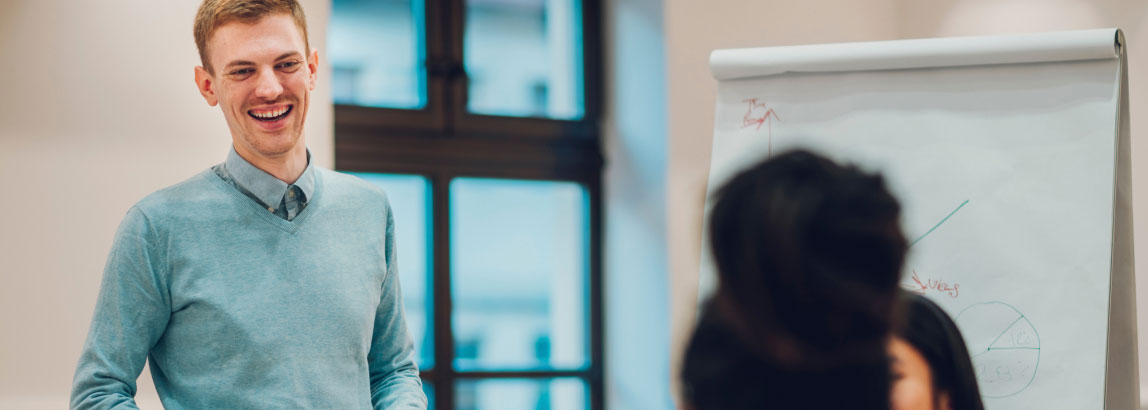Not found

Related vacancies

PhD: Moral Dilemmas and Ethics of Crisis Leadership
- 1 / 1
- Faculty of Religion and Theology
- PhD
- MSc
- Closes on25-05-2025
- Publishing date28-04-2025
Passionate about ethics and crisis management? Join Vrije Universiteit Amsterdam as a PhD student in the NWO funded Adapt! program. Study moral dilemmas in crisis leadership and collaborate with top experts. Apply now!
View vacancy

PhD project on Logics and Ontologies
- 1 / 1
- Faculty of Science
- PhD
- MSc
- Closes on23-05-2025
- Publishing date28-04-2025
Do you love logics? Do you want to solve fundamental open problems in computational logic that could contribute to a more explainable AI? Then join our team as a 4-year full-time PhD candidate and work for our project on concept interpolation!
View vacancy

PhD Position in Human-Robot-Bonding
- 1 / 1
- Faculty of Social Sciences
- PhD
- MSc
- Closes on01-06-2025
- Publishing date28-04-2025
Looking for a multidisciplinary challenge and to participate in an exciting team working at the forefront of relating to and communicating with social robots? Please, see below and apply at Vrije Universiteit Amsterdam.
View vacancy
This website uses cookies
We, and third parties, use cookies on our website. We use cookies to ensure that our website functions properly, to store your preferences, to gain insight into visitor behavior, but also for marketing and social media purposes (showing personalized advertisements). By clicking 'Accept', you agree to the use of all cookies. In our Cookie Statement. you can read more about the cookies we use and save or change your preferences. By clicking 'Refuse' you only agree to the use of functional cookies.